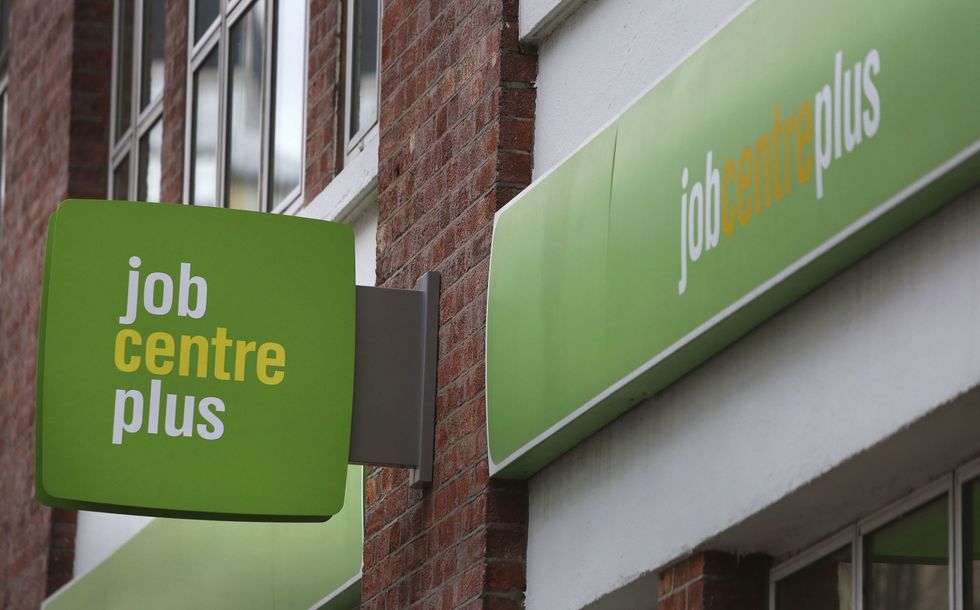Long-term sick will need to look for work and will be hit with £5k cuts in benefits crackdown
Long-term sick benefit claimants could face cuts of up to £5,000 per year and be required to look for work under sweeping welfare reforms being drawn up by Labour.
The radical overhaul, set to be the biggest shake-up of the welfare system in over a decade, aims to control Britain’s ballooning £65billion sickness benefits bill.
Work & Pensions Secretary Liz Kendall is preparing changes that would remove the ability of long-term sick people to receive benefits without any requirements.
The reforms could affect hundreds of thousands of claimants and are likely to reduce financial incentives that currently allow some to be paid twice as much as jobseekers.

Under the proposed changes, claimants would be given a “duty to engage” with employment services, ranging from actively seeking work to getting help with CVs and training.
Ministers are considering abolishing the universal credit “limited capability for work or work-related activity” category, which would require claimants to prepare for work.
The Government also plans to scrap the work capability assessment currently used to approve incapacity benefits.
The system would be more closely aligned with assessments for personal independence payments (PIP), which are paid regardless of employment status.
Figures show 2.4 million incapacity benefits claimants currently have no work conditions – a 50 per cent increase in five years.
LATEST NEWS:
- Pension disaster: Hedge funds bet on US stock market crash amid ‘Trump uncertainty’
- ‘Groundhog Day!’ Reeves faces ‘real problem’ as DWP threaten long-term sick with benefits crackdown
- Barclays banking app outage update: Customers STILL ‘left without money’ as IT issues continue
Those with conditions such as depression and anxiety, which are the fastest-growing reasons for disability benefits claims, are likely to find it harder to qualify for support.
Ministers have told business leaders that changes to PIP thresholds and eligibility will be prioritised in spending cuts planned for March.
Options being considered include one-off payments for some claimants instead of regular income, and potential means-testing.
Labour has ruled out replacing cash payments with vouchers for specific equipment or aids.
A Government source told The Times: “The Tories failed on welfare because they failed on work. This Labour government recognises that many sick and disabled people want to work, given the right support, but are unfairly shut out.”

The source added that Labour would “bring forward big reforms that help more people into work, protect the most vulnerable, and boost growth – while putting the benefits bill on a more sustainable footing”.
Kendall blamed her predecessors for the situation, claiming: “We have got almost record numbers of people out of work due to long-term health problems. That’s terrible for them. It’s terrible for their living standards.”
The £137.4billion welfare cap set by the previous government for 2024/25 is projected to be exceeded by £8.6billion.
The number of Universal Credit claimants has doubled since 2020, rising from around three million to more than six million.
Currently, 2.8 million people are not seeking employment due to ill health, a figure that has increased substantially since the pandemic.

